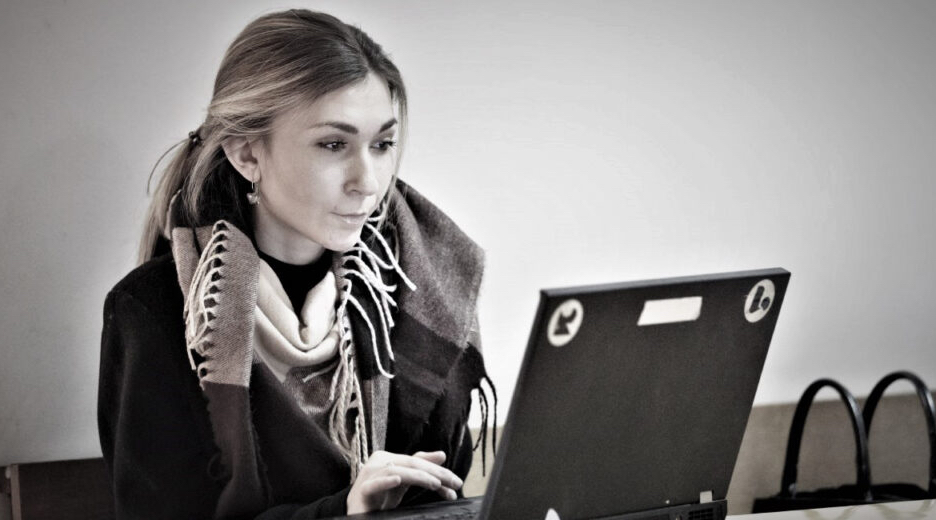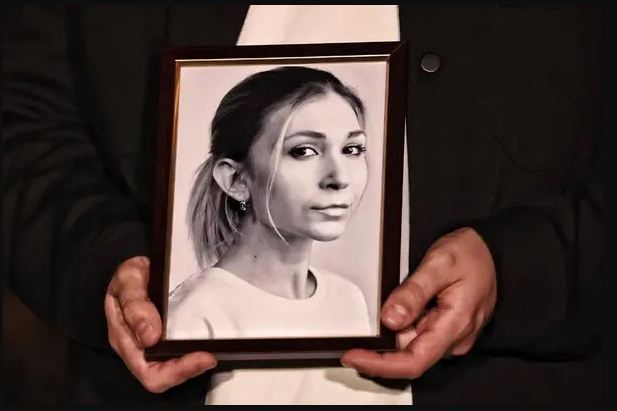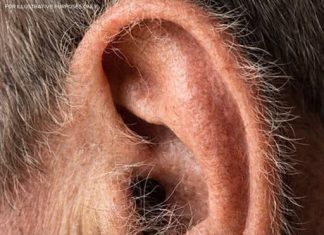Ukrainian journalist Viktoriia Roshchyna’s tragic death in Russian custody has drawn international attention to the perils faced by journalists in conflict zones. Her case underscores the severe human rights violations occurring amid the ongoing war in Ukraine.
Early Life and Career
Born in Ukraine, Viktoriia Roshchyna was a dedicated journalist known for her courageous reporting from conflict zones. She worked with various Ukrainian media outlets, including Hromadske TV and Radio Free Europe, providing firsthand accounts from areas affected by the Russian invasion. Her commitment to uncovering the truth led her to report from Russian-occupied territories, despite the inherent dangers.

Initial Detention and Release
In March 2022, Roshchyna was first detained by Russian forces while reporting in occupied regions. She was held for several days before being released, following public outcry and media coverage. This incident did not deter her; instead, it reinforced her resolve to continue reporting on the ground realities of the war.
Disappearance and Captivity
In August 2023, Roshchyna disappeared while on a reporting assignment in Russian-occupied eastern Ukraine. Her family last heard from her on August 3, when she informed them of her successful passage through border checks. After weeks of silence, her disappearance was reported, and concerns grew over her safety. It wasn’t until April 2024 that Russian authorities confirmed she was in their custody .
Conditions of Detention
Roshchyna was reportedly held in several detention facilities, including a penal colony in Berdiansk and the SIZO-2 pre-trial detention center in Taganrog. These facilities are notorious for harsh conditions and reports of torture. Former inmates have likened the conditions to those of concentration camps, citing severe mistreatment and inhumane living conditions .
Death and Return of Her Body
In September 2024, Roshchyna died while in Russian custody. Her body was returned to Ukraine in February 2025 as part of a mass exchange of remains. Shockingly, her body was mislabeled as an “unidentified male,” and forensic analysis revealed signs of extensive torture. Her eyes, brain, and parts of her larynx were missing, likely removed to conceal evidence of torture. Additional injuries included a broken neck, fractured rib, and burn marks indicative of electric shocks .
International Response
The brutal treatment and death of Viktoriia Roshchyna have sparked international condemnation. The European Commission highlighted her case as further evidence of the cruelty of the Russian system and the deadly threat it poses to Ukrainians . Human rights organizations, including Reporters Without Borders, have called for thorough investigations into her death and the broader issue of journalist safety in conflict zones.

Legacy and Ongoing Investigations
Roshchyna’s unwavering commitment to journalism, even in the face of extreme danger, serves as a testament to the vital role of a free press. Her tragic death has brought renewed attention to the risks journalists face and the importance of holding perpetrators of such crimes accountable. Investigations into her death continue, with forensic experts working to uncover the full extent of the abuses she suffered.
Conclusion
Viktoriia Roshchyna’s story is a stark reminder of the perils journalists endure to bring truth to light. Her courage and dedication will not be forgotten, and her legacy underscores the need for international efforts to protect journalists and uphold human rights.

















